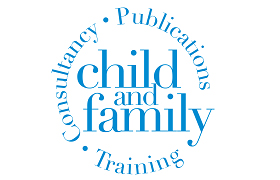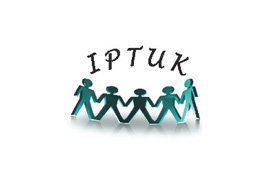NEW: We are pleased to offer the option to attend this masterclass as a virtual online course; find out more about our Virtual Training.
The Masterclass programme will help practitioners working in social care, health, education and youth justice to deliver effective Trauma Informed Practice through addressing the complex needs of an increasing number of children and young people presenting with symptoms of anxiety, mood disturbance, trauma and disruptive behaviour. The stressful and traumatic impact on children and young people’s lives of Covid-19 has increased this need.
The programme will present an innovative approach, the development of a common practice elements approach which capitalises on the knowledge embedded in evidence-based treatments for mental health identifies evidence-based therapeutic procedures and integrates them into a Library of Modules.
The HfCF Intervention Resources are a set of step-by-step guides, focusing on relevant themes, including Addressing Emotional and Traumatic Responses and Addressing Disruptive behaviour. Each module includes guidance notes, scripts, activities, and worksheets that can be organised into a customised treatment menu for each child or young person. They are designed to help practitioners from all types of services, training and levels of experience.
Key Learning Objectives
1. To understand the ways in which exposure to stressful and traumatic events, such as Covid-19, can give rise to overlapping co-morbid mental health responses, i.e. combinations of anxiety, depression, trauma and disruptive behaviour rather than single forms.
2. To discuss the development of Trauma Informed Practice – and the recognition of the traumatic base of presentations, and the need to adapt practice.
3. To understand the way in which the Hope for Children and Families Intervention Resources modular approach is based on identified common therapeutic procedures from evidence-based manuals for commonly occurring mental health disorders. These are then integrated to construct a set of resources for use when delivering effective interventions.
4. To gain knowledge about the structure and content of the intervention guides which are unpinned by a child-centred approach and provide modules on skills to develop basic generic approaches, appropriate for all children and young people. These include helping them develop coping skills, relaxing and calming, describing and monitoring feelings, activity selection and problem solving.
5. To become familiar with the content of the modules introducing skills to help children experiencing excessive anxiety, persistent low mood or with depression, traumatic responses, and disruptive behaviour problems.
6. To gain knowledge on the seven-stage approach to referral, gathering and analysing information about the child or young person’s presenting problems, establishing a profile for intervention, and designing an intervention comprised of modules that match the needs of children and young people.
7. To practice the intervention skills set out in the guides.
8. To evaluate the approach and its relevance to each participant’s work context.
TASTER:





